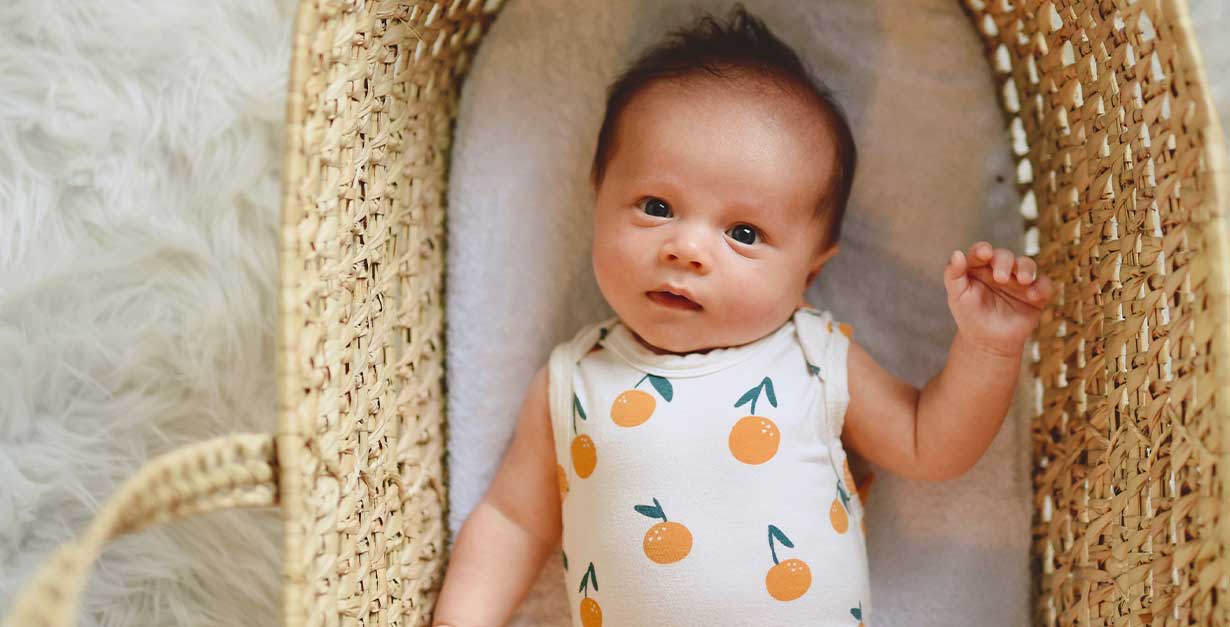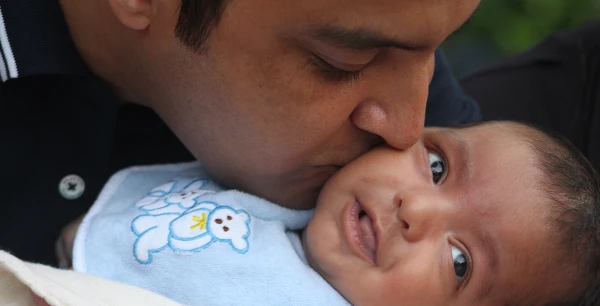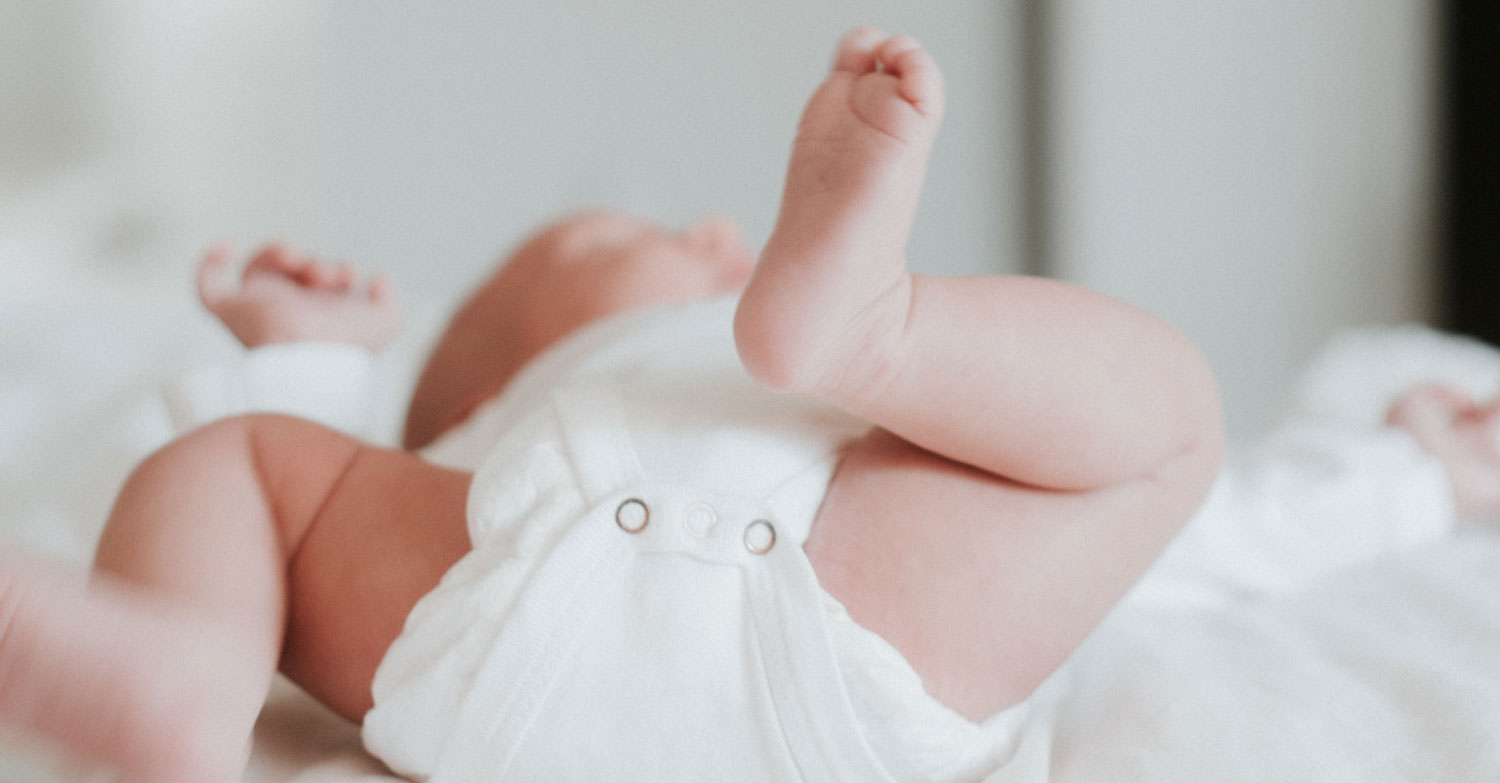Stop Swaddling Your Baby? Answering the Controversial Question
When your baby is in the hospital, your nurse hands her to you neatly swaddled, peaceful, and rested baby. Many parents take a class before their baby is born to learn how to properly care for baby, and the majority of these classes teach proper swaddling technique. That may be about to change with some new research and opinion that has come to light. Should you stop swaddling? Find out:
- Differing opinions
- Do babies like it?
- Swaddling with breastfeeding
- Alternatives to swaddling
The AAP Says to Stop Swaddling
According to the article Swaddling Ban: Why Are Daycares Banning Baby Burritos?, there is a growing trend toward NOT swaddling. The American Academy of Pediatrics (AAP) and American Public Health Association recently released its third edition of “Caring For Our Children”, which advised caretakers against swaddling.
An article in The Globe and Mail states, “Several studies have linked swaddling to a higher risk of respiratory infections and, if done improperly, hip dysplasia. Swaddled babies may overheat, especially if their heads are partially covered, which can cause hyperthermia and even death. There is ongoing debate over whether swaddling prevents infants from waking easily, hinders weight gain or, most troubling, increases the chance of SIDS.”
Does a Swaddle Make a Happy Baby?
Now, don’t jump to conclusions and throw your swaddle blankets out with the trash. Consider that it has been shown that swaddling is very helpful to some parents in soothing their fussy baby.
Dr. Harvey Karp of The Happiest Baby on the Block is often credited with the reemergence of swaddling as a common practice is less than happy with this new advice.
In an article for Parents magazine, Karp stated, “In 2011, the group decided swaddling (even in gossamer thin blankets) was unnecessary and risky and should not be used after a couple of weeks or months. They said swaddling might hurt a baby’s hips—but while there has been a connection between improper swaddling and hip dysplasia (with legs wrapped tightly while straight), it’s safe when swaddling allows legs to bend up and out at the hips. The group also said that swaddling might overheat a baby (no study shows overheating from swaddling, unless the head is covered or the room is hot), or might cause SIDS if loose blankets wrap around the baby’s face (studies show that only loose bulky bedding—like comforters—are a SIDS risk, not light muslin ones).”
With all of this conflicting information, what’s a responsible parent to do?
Want to read more about swaddling?
Read: Should I Swaddle My Newborn? Everything You Need to Know for Safe Swaddling
Do Your Research Before you Stop Swaddling
Remember that these new recommendations are targeted at childcare facilities, such as daycares. As a parent you need to consider the facts and make a decision based on your baby’s needs and temperament.
It’s also important that you use proper swaddle technique. New research recommends against pinning the baby’s arms at his sides. Allow baby’s hands near his face instead. It’s safer, and will assist him with self-soothing. Putting your baby’s hands up may also help if your baby happens to flip himself over in the night.
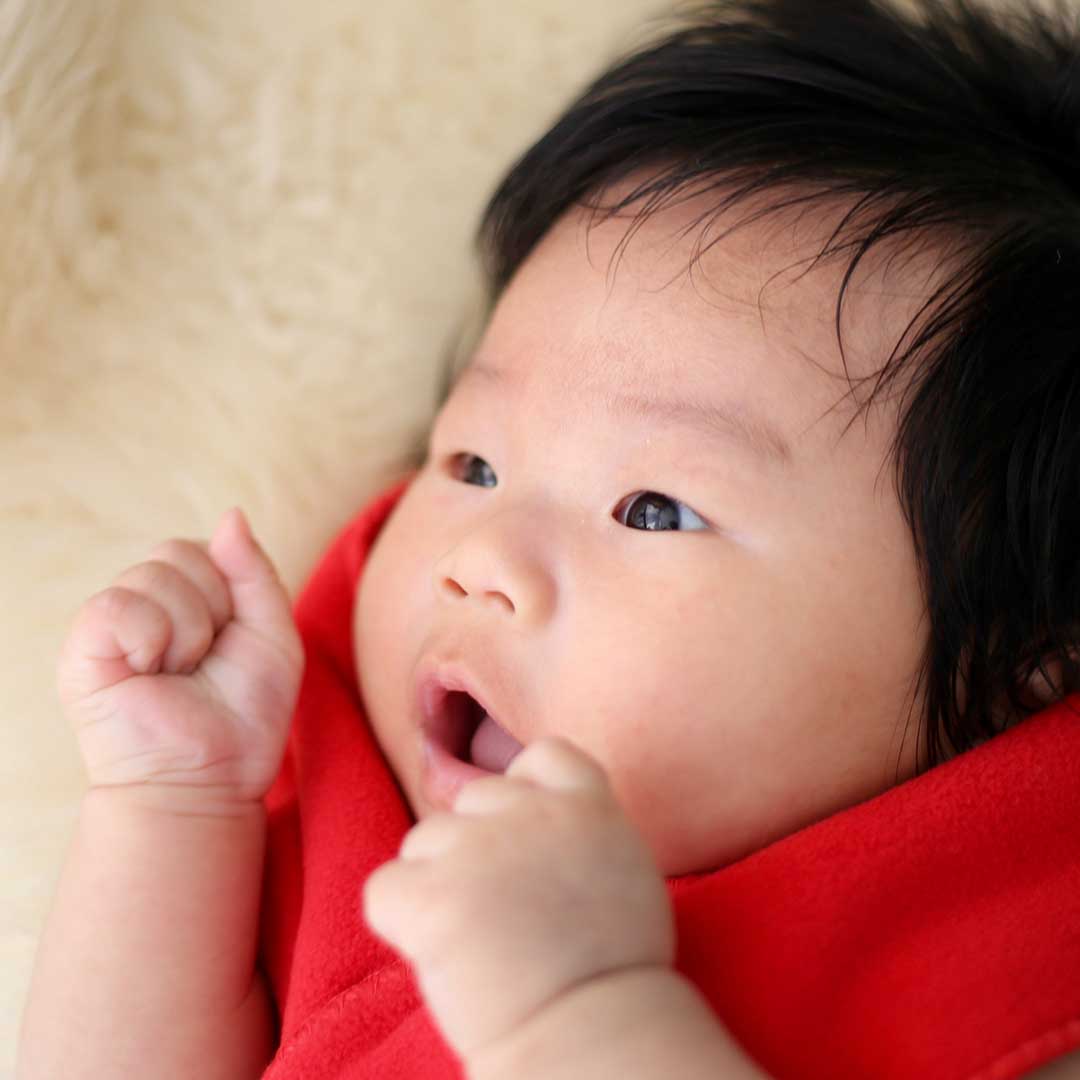
Do Not Swaddle Too Tightly
When you’re swaddling your little one, be sure that the swaddle is not too tight. You do not want to restrict breathing. You also want to be sure that your baby is able to bend her legs while swaddled to help prevent hip dysplasia.
Consider a Video Monitor
If you choose to swaddle your infant, it’s a good idea to keep an eye on him with a video monitor. You can also pop in to check on him, or consider roomsharing to ensure that his sleep is supervised.
Want to know more about sharing a room with your newborn?
Read: Room Sharing For The First Year: Is It Right For You?
Does a Swaddle Overheat Your Child?
Much of the concern regarding swaddling, besides the possible suffocation risk, is the fact that your baby may overheat. Babies have trouble regulating their temperature. After baths, for example, they get very cold. According to the AAP, “infants should be dressed appropriately for the environment, with no greater than 1 layer more than an adult would wear to be comfortable in that environment.” In other words, don’t forget to take the swaddle into account as that extra layer, if necessary at all.
Stop Swaddling to Breastfeed
Breastfeeding is a great opportunity to gain additional skin-to-skin contact with your baby. Research suggests breastfeeding with skin-to-ski contact may raise your baby’s body temperature. Err on the side of caution and if you choose to swaddle, do so after you feed, burp, and change your baby.
Need another way to calm your newborn or baby?
Read: Infant Massage – Ten Steps to a More Peaceful Baby
Rethink a Traditional Swaddle
If you want to ensure that your baby feels loved and secure, consider a sleep sack rather than a swaddle. Sleep sacks like the Love To Dream or Baby Merlin’s Magic Sleepsuit prevent loose blankets in the crib. Love To Dream makes a variety of swaddles including one that restricts hand movement so that your baby doesn’t wake due to the startle reflex.
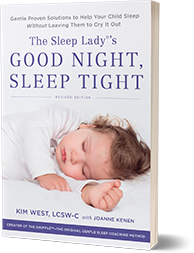
Easy to read and follow, kiddo is sleeping 12 hours
"This more gentle approach was perfect for us and by night #3 she slept 12 hours and I feel like a new person."
Consider Other Options
According to neurologist Richard Restak, MD, “Physical holding and carrying of the infant turns out to be the most important factor responsible for the infant’s normal mental and social development.” Look for other ways to soothe your baby, such as shushing, patting, holding, and rocking.
The important thing is that you do what is best for your family. Do I think swaddling is bad? Not really. But I do think it is important that you make an informed choice.

